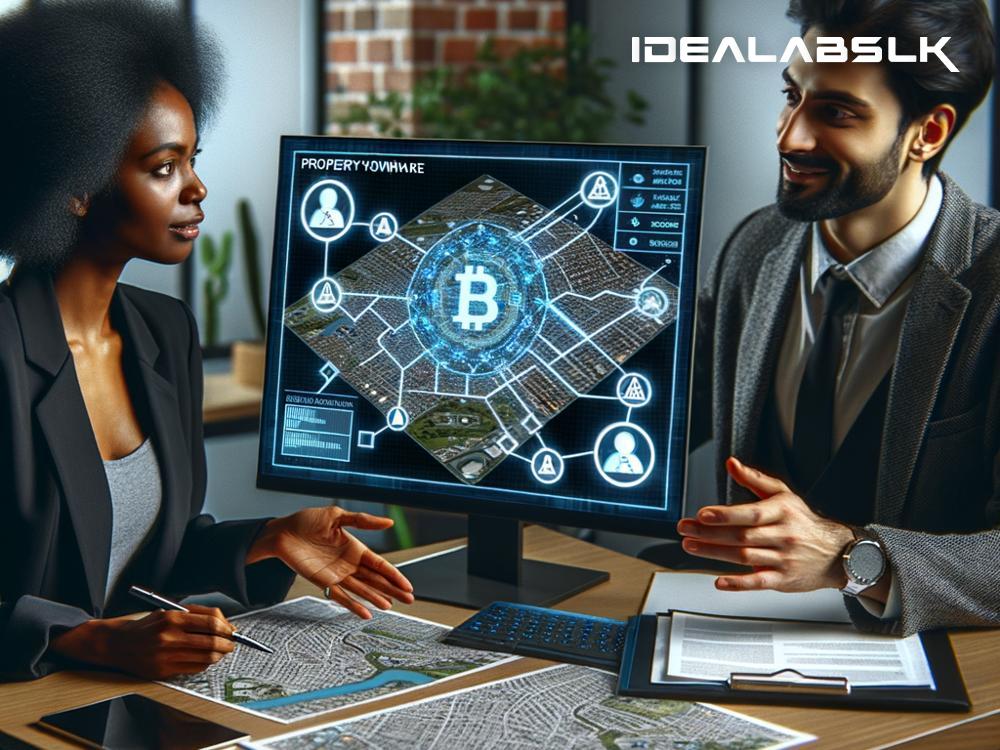Blockchain Technology: A Modern Solution to Property Ownership Disputes
Have you ever found yourself tangled in a dispute over who owns what property? It's not a pleasant situation to be in, right? Traditional methods of handling these disputes involve heaps of paperwork, countless hours of legal proceedings, and, of course, a lot of stress. However, the digital age brings us a promising solution — blockchain technology. This modern approach could revolutionize how we solve property ownership disputes, making them quicker, more secure, and less prone to errors. Let's dive into the basics of blockchain technology and explore its potential in resolving property ownership controversies.
What is Blockchain?
Imagine a digital ledger that is completely public and incredibly secure, where every transaction or agreement is recorded. This ledger is not stored in one place but is distributed across a network of computers. This means that no single entity has control over the entire database, making it highly resistant to tampering or fraud. Each recorded transaction is linked to the previous one, forming a chain of blocks — hence the name, blockchain.
The Problem with Traditional Property Transactions
Property transactions have long been a complicated affair, often requiring intermediaries such as lawyers and real estate agents. These transactions rely heavily on paper documentation, which can be easily lost, damaged, or falsified. Furthermore, updating property records is a time-consuming process that can lead to delays and errors. This inefficiency and lack of transparency create fertile ground for disputes over property ownership to arise and fester.
How Can Blockchain Help?
Now, let’s see how blockchain technology can address these challenges and transform the way property ownership disputes are settled.
Transparency and Trust
With blockchain, every transaction is recorded on a ledger that's accessible to anyone. This level of transparency builds trust among parties involved since every change made is visible and verifiable. When it comes to property ownership, blockchain can ensure that the history of transactions is clear and indisputable, making it straightforward to ascertain who holds the title to a property.
Security
Blockchain’s structure makes it incredibly secure. Since each block of data is encrypted and linked to the previous one, altering a single record would require changing all subsequent records, which is practically impossible. This level of security minimizes the chances of fraud and unauthorized alterations, protecting the rights of property owners.
Efficiency and Accuracy
The decentralized nature of blockchain eliminates the need for intermediaries, significantly reducing the time and cost involved in transactions. Moreover, since the records are digital and automated, the risk of human error is significantly lowered. This efficiency and accuracy can drastically reduce conflicts that arise from misconceptions, unclear records, or delayed updates in property ownership data.
A Digital Solution for Property Disputes
In case of a dispute, blockchain offers a reliable and unbiased source of truth. The clear, tamper-proof history of transactions can serve as undeniable evidence in legal proceedings, helping to swiftly resolve conflicts. Additionally, smart contracts — self-executing contracts with the terms directly written into code — can automate and enforce agreements, further reducing the potential for disputes.
Real-world Applications
Several countries and companies are exploring the use of blockchain in real estate. For instance, in Sweden, the government has experimented with blockchain to register land and properties, aiming to increase transparency and speed up transactions. Similarly, startups like Propy are utilizing blockchain to create a global property store, allowing people to buy, sell, and rent properties with a clear, immutable record of ownership.
Challenges and Considerations
While the potential benefits of blockchain in solving property ownership disputes are immense, there are challenges to its widespread adoption. These include the need for significant investment in technology, the requirement for a comprehensive legal framework, and the challenge of achieving consensus among all stakeholders involved. Moreover, there’s a learning curve and resistance to changing traditional systems that have been in place for centuries.
Conclusion
Blockchain technology presents a promising solution to the age-old problem of property ownership disputes. Its capabilities for transparency, security, and efficiency could transform the real estate sector, making transactions smoother and less contentious. However, realizing this potential will require overcoming several hurdles, including technological adaptation and regulatory changes. As we continue to evolve into a more digitized world, the role of blockchain in property ownership looks set to grow, potentially changing the landscape of real estate transactions and dispute resolutions for the better.

